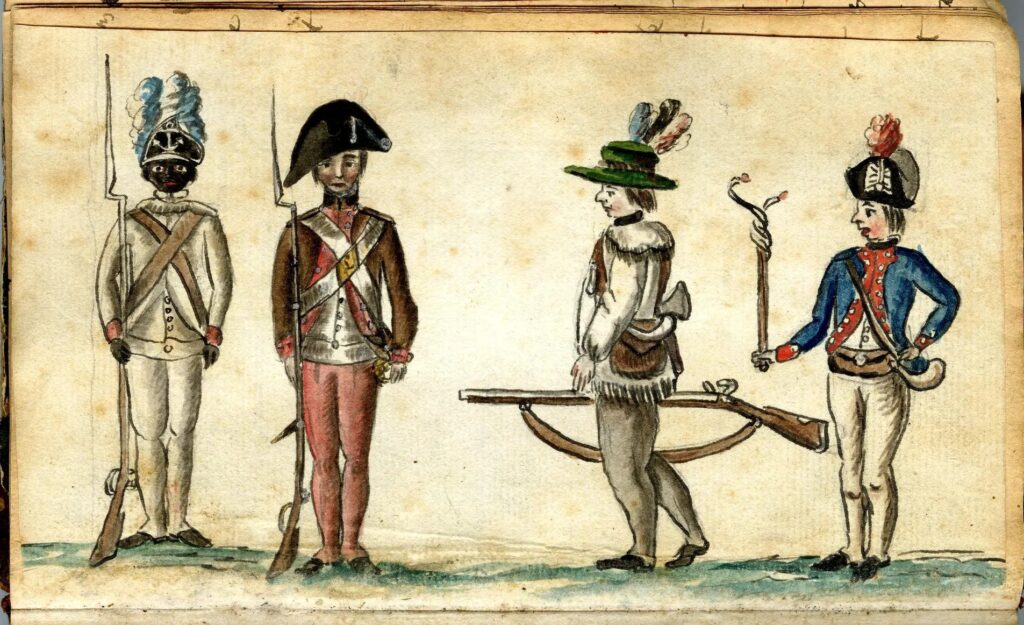Chelsea artist Max Pro explores personal and cultural ties between Chelsea and the Caribbean in a compelling presentation on the history of Cuba. The Cary family, whose historic home serves as the backdrop for this event, lived in Chelsea while also overseeing plantations in Grenada and other Caribbean islands. Their story is intertwined with the contradictions of colonial trade and enslavement within the aspirations for freedom and prosperity that shaped the American dream. This talk highlights contemporary immigrant experiences between these two regions.
About Max Pro
Max Corona, also known as Max Pro, was born and raised in Chelsea, where his family has deep roots, with his grandparents having migrated from Cuba. Max’s artistic journey began at the age of four when he first watched his mother draw a flower. From there, his art continued to grow, and his creative journey expanded. An avid member of Chelsea’s community, Max has contributed several public art pieces around the city. After spending 15 years in the healthcare industry, he discovered peace, solitude, and therapy through his art.
Max’s artwork incorporates a wide range of materials, including recycled items, and is inspired by colors that evoke memories of nature, aiming to spark meaningful conversations. His love for comic books and time travel has greatly influenced his creativity.
About the House
This building and the acreage surrounding the Governor Bellingham Cary House have been witness to over 350 years of American history. From the beginning of European settlement in the early 17th century, when it was a bountiful place full of natural resources to the 21st century, bustling city that now exists, it has evolved and survived.
The Cary family and their extended household lived here from the 1760s until the beginning of the 20th century. Their home, known lovingly as “the Retreat”, was a bucolic oasis remembered fondly by both family and friends alike. At the start of America’s War of Independence, and most notably during the Siege of Boston from April 19, 1775, to March 17, 1776, the property was used by the newly formed Continental Army as they assisted refugees escaping Boston via the Winnisimmet Ferry, engaged in surveillance of British ships, and defended Chelsea during a pivotal moment in the Revolution.











